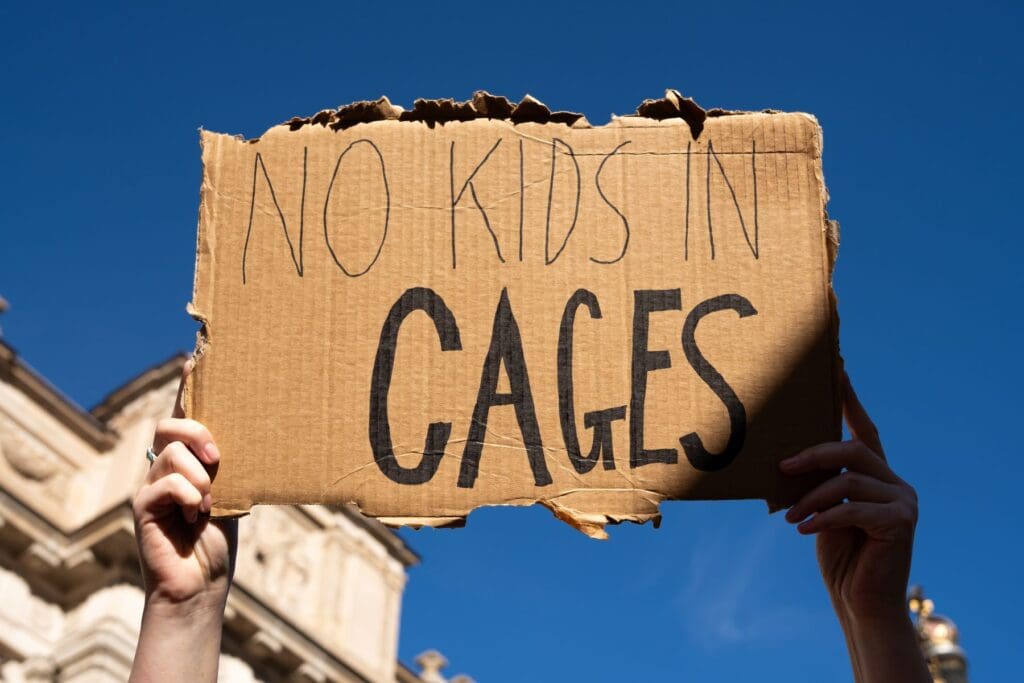Northern Territory set to be the first government in Australia to raise the age of criminal responsibility
The Northern Territory today became the first government to commit to raising the age at which children can be charged and sent to prison.
Ruth Barson, Director of Legal Advocacy at the Human Rights Law Centre, said it was a fantastic move that would start to bring Australia’s youth justice systems into the 21st century.
Children belong in playgrounds and classrooms, not in the courts and definitely not in prisons – @RuthHRLC https://t.co/5mXPN8AGyc
— Michelle Bennett (@mm_bennett) March 6, 2018
“Children belong in classrooms and playgrounds, not prisons. Every other state and territory government should follow suit immediately so we can begin to put the dark chapter of the child abuse at facilities like Don Dale behind us,” said Ms Barson.
Australian states and territories currently set the age of criminal responsibility at 10 years. The median age of criminal responsibility around the world is 14 years, in keeping with medical science that shows that children younger than 14 are not developmentally mature enough to be criminally liable.
Across Australia thousands of children under the age of 14 get trapped in the quicksand of the criminal justice system each year. Approximately 600 of these children get locked away behind bars.
“How we treat children today determines what our tomorrow looks like. This is a great reform and one that all Australian governments can and should implement right now. No child should be subjected to the cruelty of prisons, to strip searches, to solitary confinement or to a life behind razor wire,” said Ms Barson.
For interviews or further information please call:
Michelle Bennett, Director of Communications, Human Rights Law Centre, 0419 100 519
Media Enquiries
Chandi Bates
Media and Communications Manager

University of Melbourne urged to drop repressive anti-protest and surveillance policies
The University of Melbourne is being urged to abandon policy changes that restrict staff and students’ right to protest and permit the widespread surveillance of people using their wifi network.
Read more
Expanded protections for marginalised groups welcomed in Allan Government’s anti-vilification laws
The Human Rights Law Centre welcomes the additional protections for marginalised groups in anti-vilification laws passed today by the Allan Government. These laws expand protections from vilification to include people from LGBTIQA+ and disability communities, and provide communities with important civil law avenues to address vilification.
Read more
Aboriginal human rights experts take Australia’s racist youth justice policies to the UN
Aboriginal leaders are calling on the United Nations to take urgent action to address Australia’s discriminatory and punitive youth justice policies
Read more


